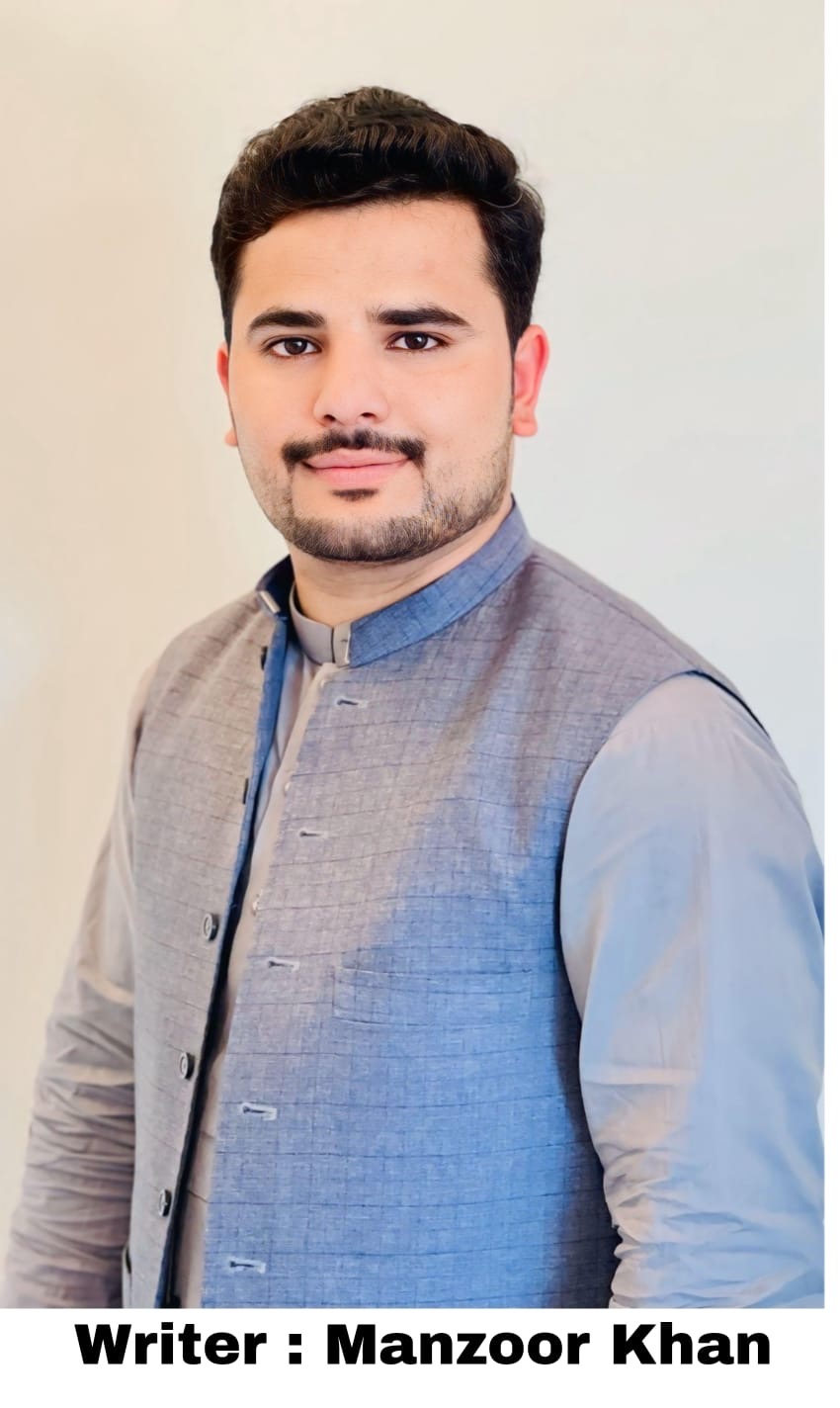By: Manzoor Khan
August 5, 2019, has been etched into history as a new chapter of oppression for the people of Kashmir. On this day, India misused its constitutional powers to revoke the semi-autonomous status of Indian-occupied Jammu and Kashmir, attempting to forcibly integrate the disputed region into the Indian Union. The abrogation of Articles 370 and 35-A of the Indian Constitution not only stripped the Kashmiri people of their historical, political, and constitutional rights but also constituted a blatant violation of international law and UN resolutions. That is why Pakistan and Kashmiris around the world now observe August 5 annually as Kashmir Exploitation Day.
At the time of the 1947 partition, Jammu and Kashmir was an independent princely state with the right to accede to either India or Pakistan. Under pressure from Indian aggression, Maharaja Hari Singh conditionally acceded to India, after which the United Nations recognized Kashmir as a disputed territory and passed resolutions affirming the Kashmiris’ right to self-determination. To safeguard this right, Articles 370 and 35-A were introduced, granting the region special status and protecting its identity, land, and resources for decades.
On August 5, 2019, the Indian Parliament, through a presidential order, abrogated Articles 370 and 35-A. Prior to this move, a heavy curfew was imposed across the region, thousands of additional troops were deployed, mobile and internet services were shut down, and hundreds of political leaders, activists, and ordinary citizens were arrested. The state was bifurcated and downgraded to two federally administered union territories, effectively erasing Kashmir’s political identity and autonomy.
Following the decision, grave human rights abuses were reported from the region. International organizations such as the United Nations, Amnesty International, and Human Rights Watch expressed deep concern. Kashmiris were placed under house arrest, thousands of young men were detained without trial, women were subjected to humiliation, and severe restrictions were placed on the media. The region turned into an open-air prison — with no freedom of speech, no right to assembly, and no access to justice.
The Indian government’s underlying goal is to change the Muslim-majority identity of occupied Kashmir. By repealing Article 35-A, non-Kashmiris from across India were given the right to purchase land, obtain jobs, and settle in the region permanently — a move Kashmiris describe as a “demographic invasion.” This is in direct violation of the UN Charter, Geneva Conventions, and other international laws.
Pakistan has forcefully highlighted this illegal action on the international stage. The Prime Minister of Pakistan raised the Kashmir issue powerfully at the United Nations General Assembly, warning global leaders of its dangerous implications. Every year on August 5, Kashmir Exploitation Day is observed across Pakistan with solidarity rallies, seminars, Quran recitations, and protest demonstrations. Pakistani media, social media platforms, educational institutions, and civil society all play a crucial role in amplifying the voice of Kashmiris to the world.
August 5 is not just a date — it is a wound that reopens every year. It serves as a reminder and a call for action. The international community, particularly the United Nations, human rights organizations, and the civilized world, must take effective steps to protect the basic rights of the Kashmiri people. The Kashmir issue is not an internal matter — it is an international conflict, and its resolution lies only in the wishes of the Kashmiri people and in line with UN resolutions.
Despite the oppression, curfews, and military siege, the Kashmiri people continue to resist with unwavering resolve. Their message remains unchanged: “We want freedom.” And as long as this cry for freedom echoes, August 5 will live on — as a reminder, a protest, and a pledge.

